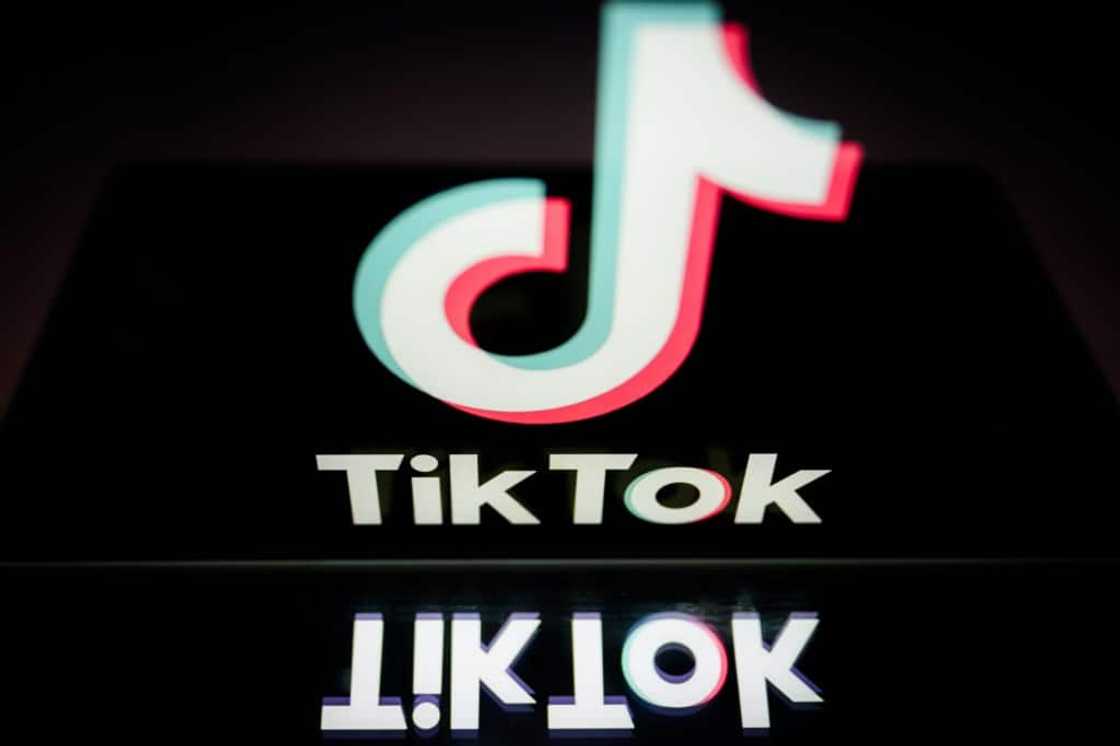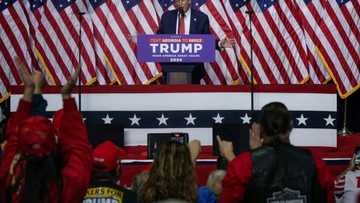US House to vote on TikTok ban

Source: AFP
The US House of Representatives will vote Wednesday on a bill that would force TikTok to cut ties with its Chinese owner or get banned in the United States.
The legislation is the biggest threat yet to the video-sharing app, which has surged to huge popularity across the world all while causing intense nervousness amongst governments and security officials about its Chinese ownership and its potential subservience to the Communist Party in Beijing.
The vote is likely to occur at 10:00 am (1400 GMT) and is expected to pass overwhelmingly in a rare moment of bipartisan entente in a politically divided Washington.
The fate of the bill is uncertain in the Senate, where key figures are against making such a drastic move against an intensely popular app that has 170 million US users.
President Joe Biden will sign the bill, known officially as the "Protecting Americans from Foreign Adversary Controlled Applications Act," into law if it came to his desk, the White House has said.
The measure, which passed unanimously through committee last week, would require TikTok's parent company ByteDance to sell the app within 180 days or see it barred from the Apple and Google app stores in the United States.
PAY ATTENTION: stay informed and follow us on Google News!
It would also give the president power to designate other applications to be a national security threat if under the control of a country considered adversarial to the US.
The resurgent campaign by Washington against TikTok came as a surprise to the company, the Wall Street Journal reported, with TikTok executives reassured when Biden joined the app last month as part of his campaign for a second term.
TikTok CEO Shou Zi Chew is in Washington, trying to shore up support to stop the bill.
"This latest legislation being rushed through at unprecedented speed without even the benefit of a public hearing, poses serious Constitutional concerns,” wrote Michael Beckerman, TikTok's vice president for public policy, in a letter to the bill's co-sponsors seen by AFP.
The co-sponsors, House Republican Mike Gallagher and House Democrat Raja Krishnamoorthi, as well as the White House, argue that the bill is not a ban of Tiktok, as long as the company divests from ByteDance.
In a turnaround from his earlier stance, former president Donald Trump on Monday said he is against a ban, mainly because it would strengthen Meta, the owner of Instagram and Facebook, which he called an "enemy of the people."
When Trump was president, he attempted to wrest control of Tiktok from ByteDance, but was blocked by US courts.
Trump denied accusations that he changed his tune because a major investor in TikTok, hedge funder Jeff Yass, is donating to his campaign.
Other efforts to ban TikTok also failed with a bill proposed a year ago getting nowhere largely over free speech concerns.
Similarly, a state law passed in Montana banning the platform was suspended by a federal court on the suspicion that it likely violated constitutional free speech rights.
TikTok staunchly denies any ties to the Chinese government and has restructured the company so the data of US users stays in the country, the company says.
PAY ATTENTION: Follow Briefly News on Twitter and never miss the hottest topics! Find us at @brieflyza!
Source: AFP



